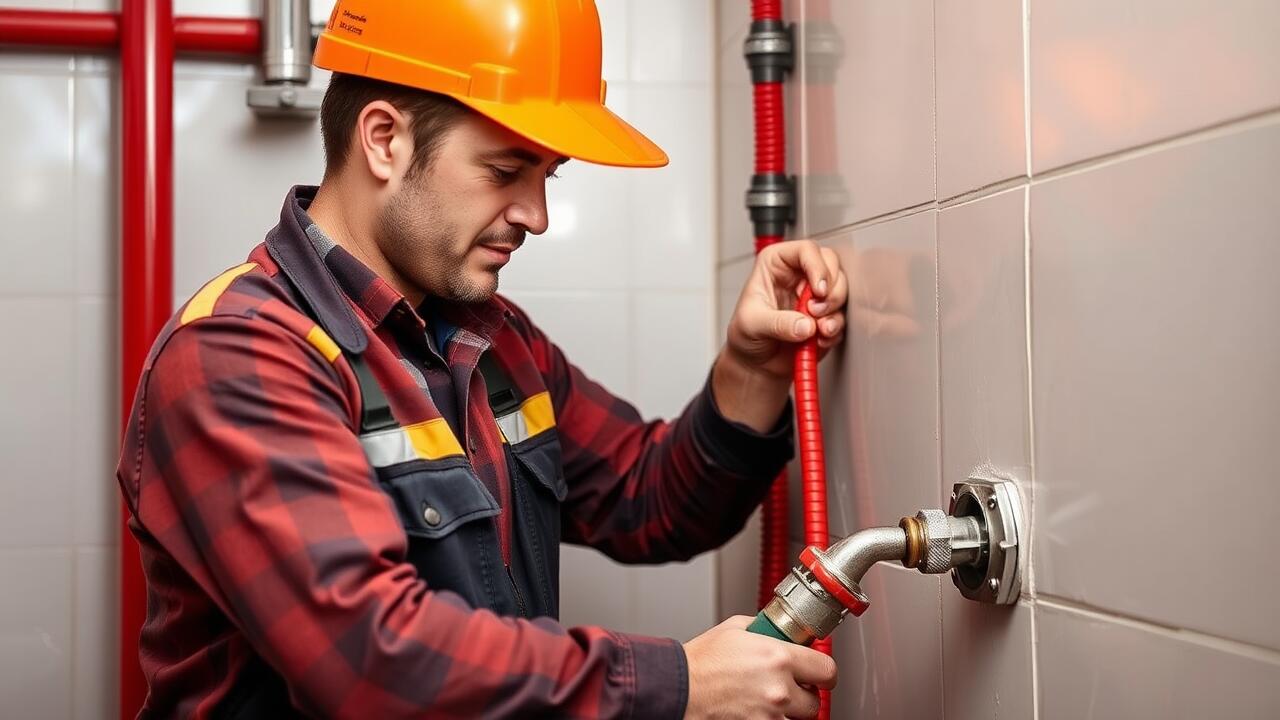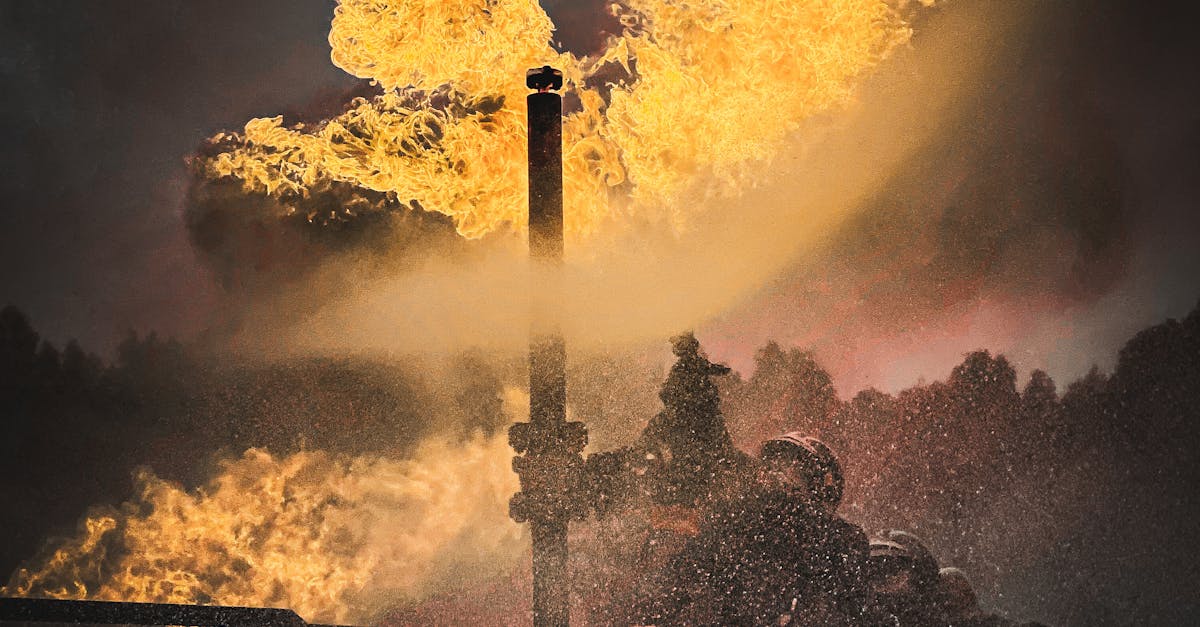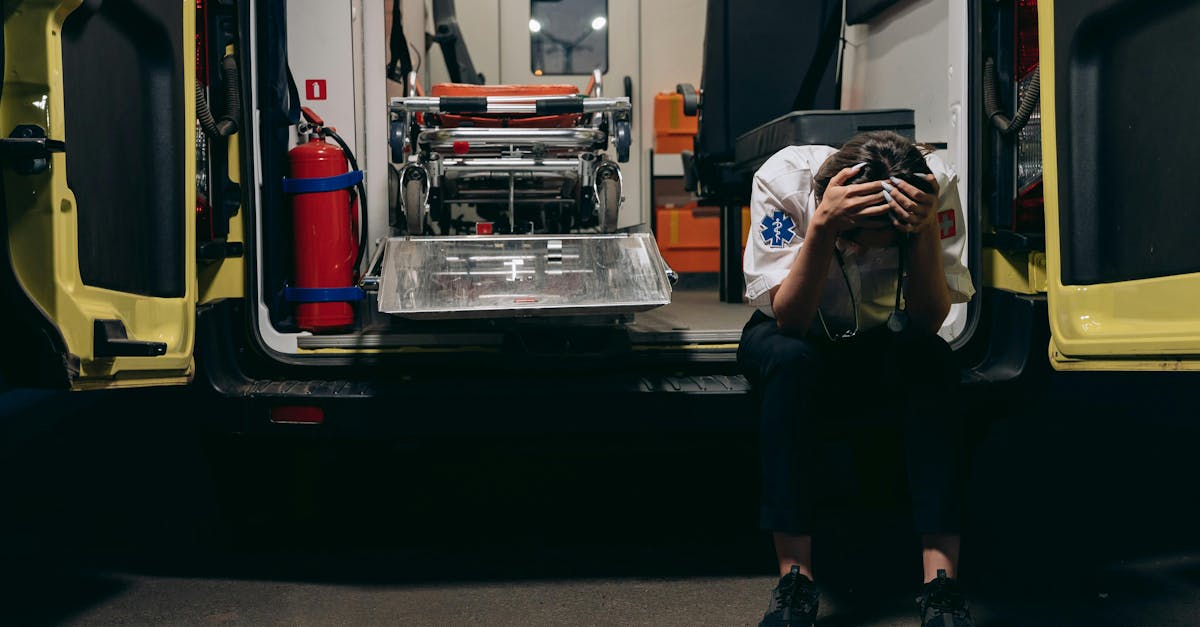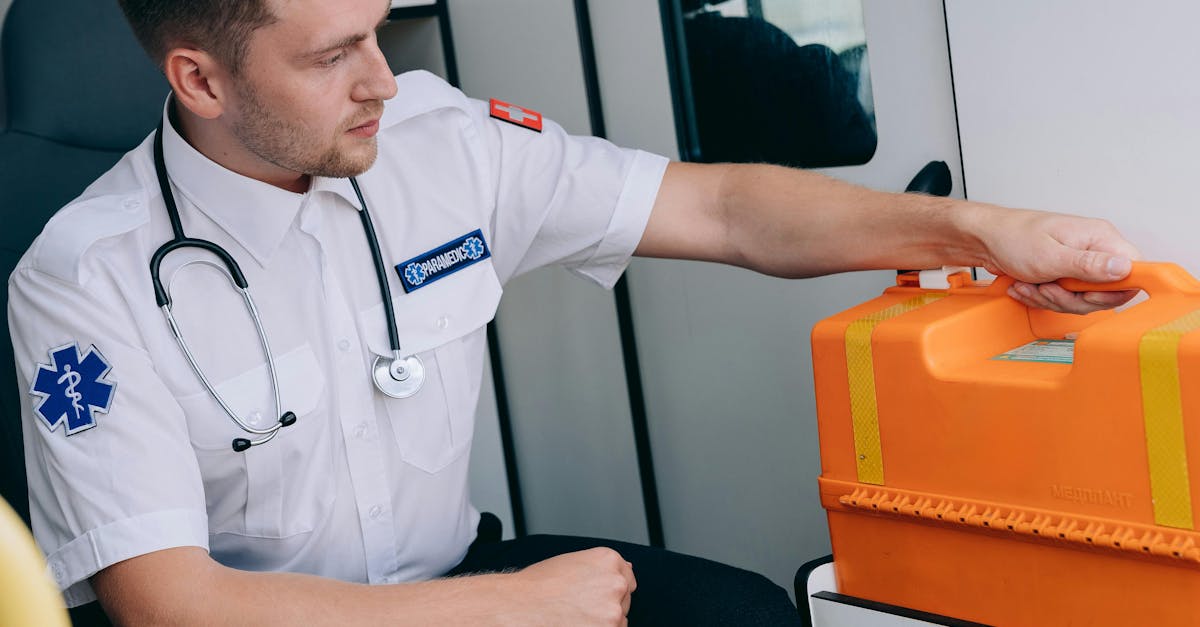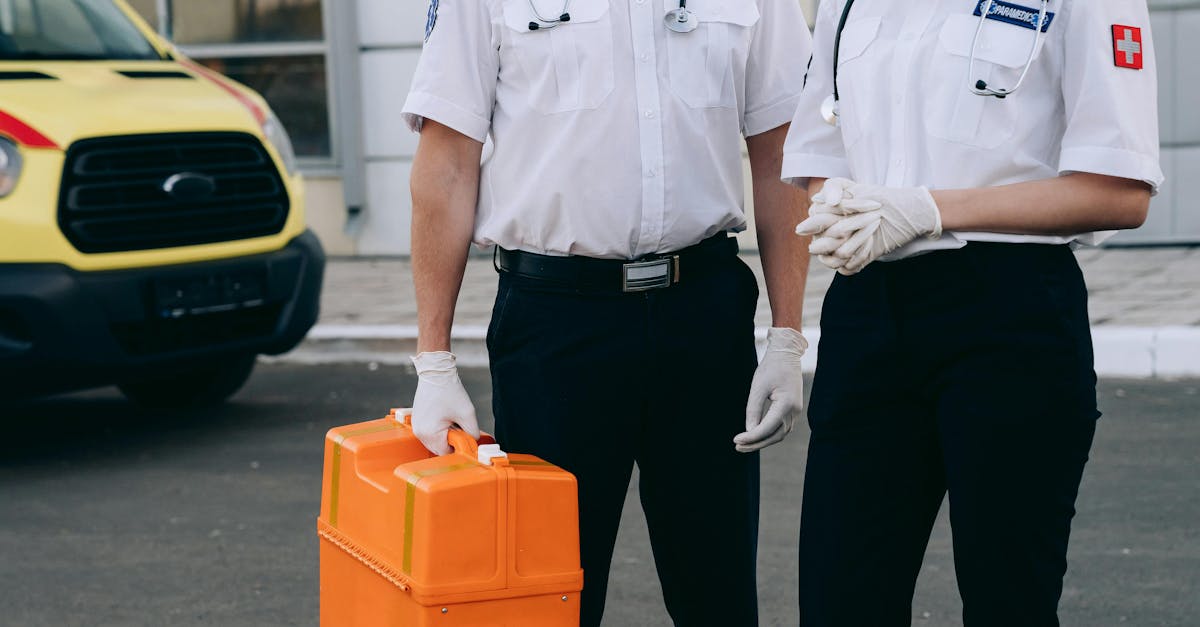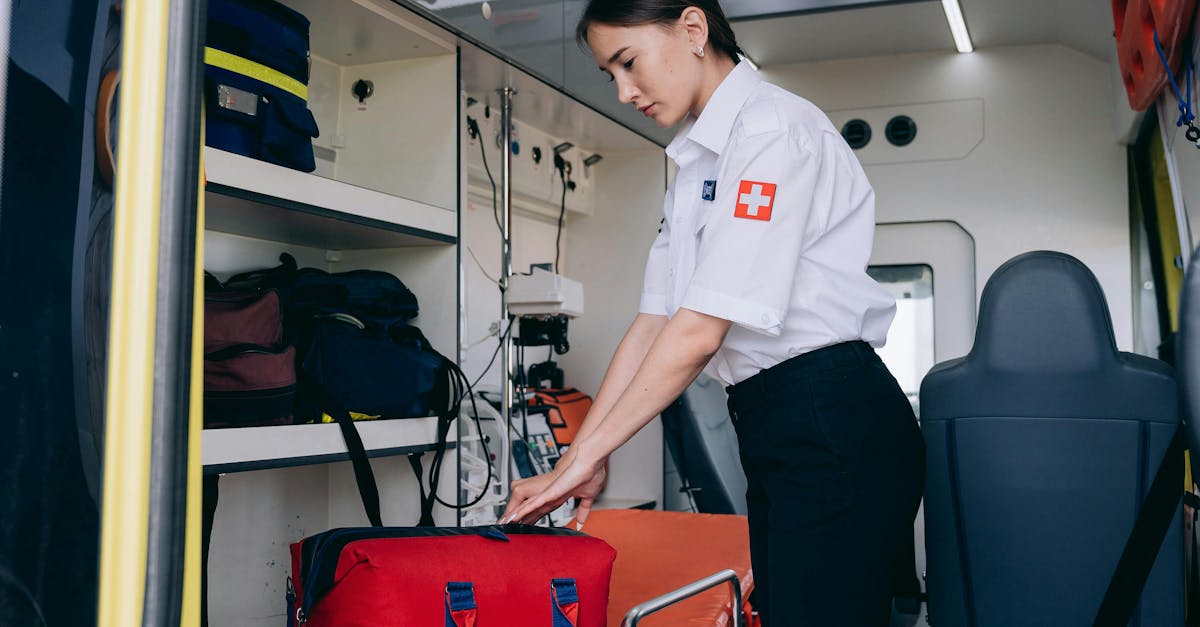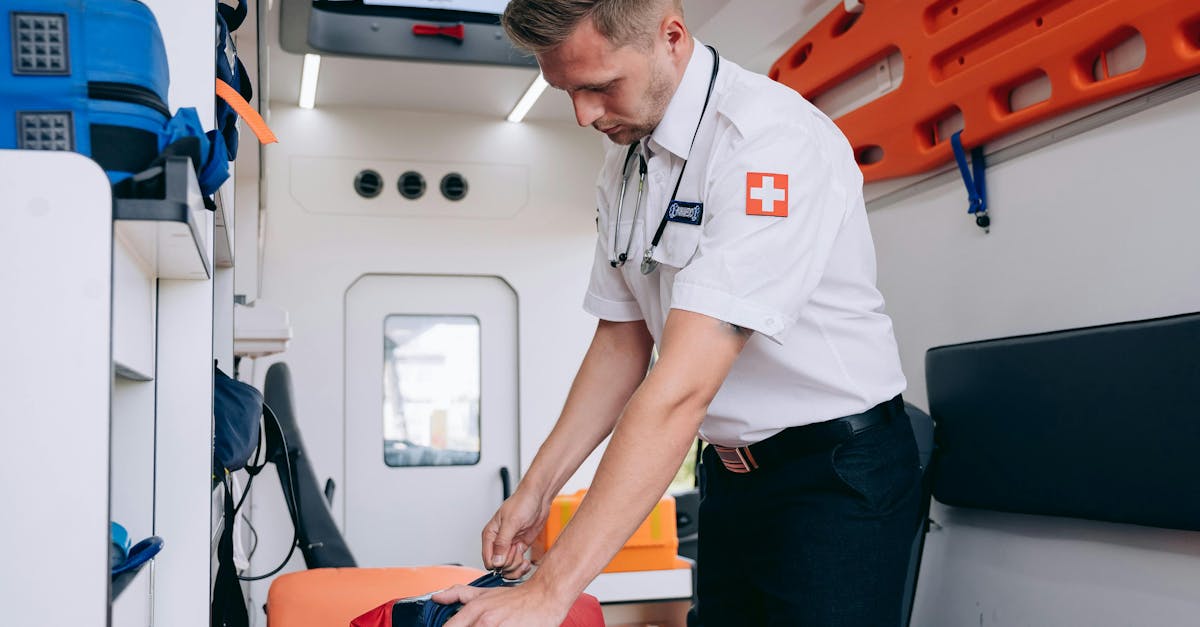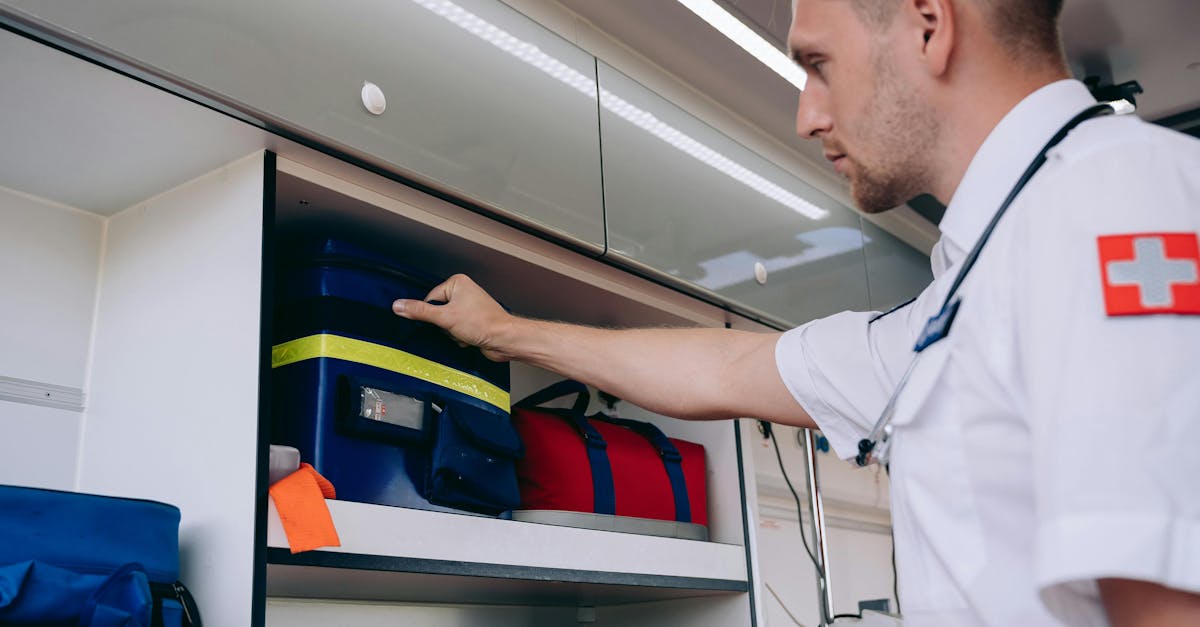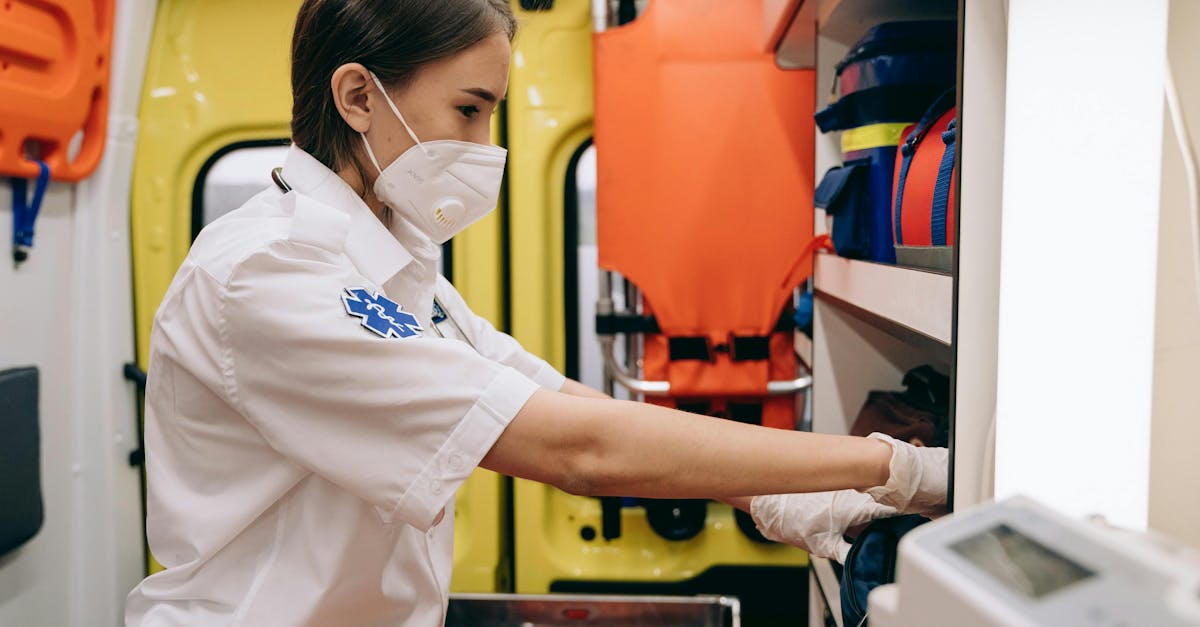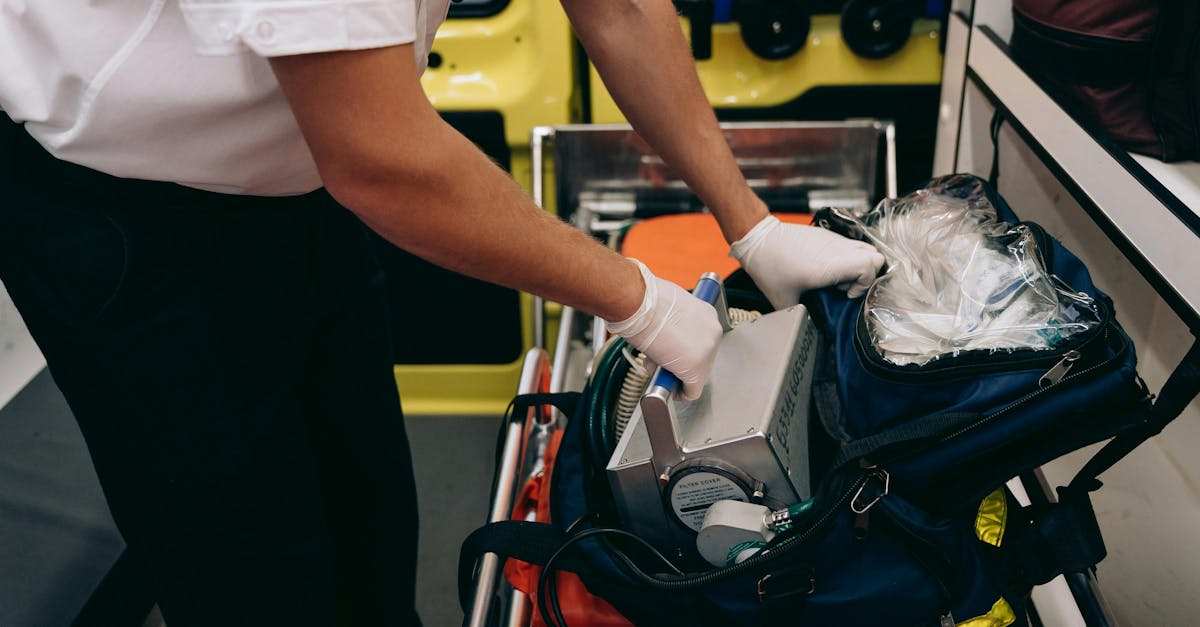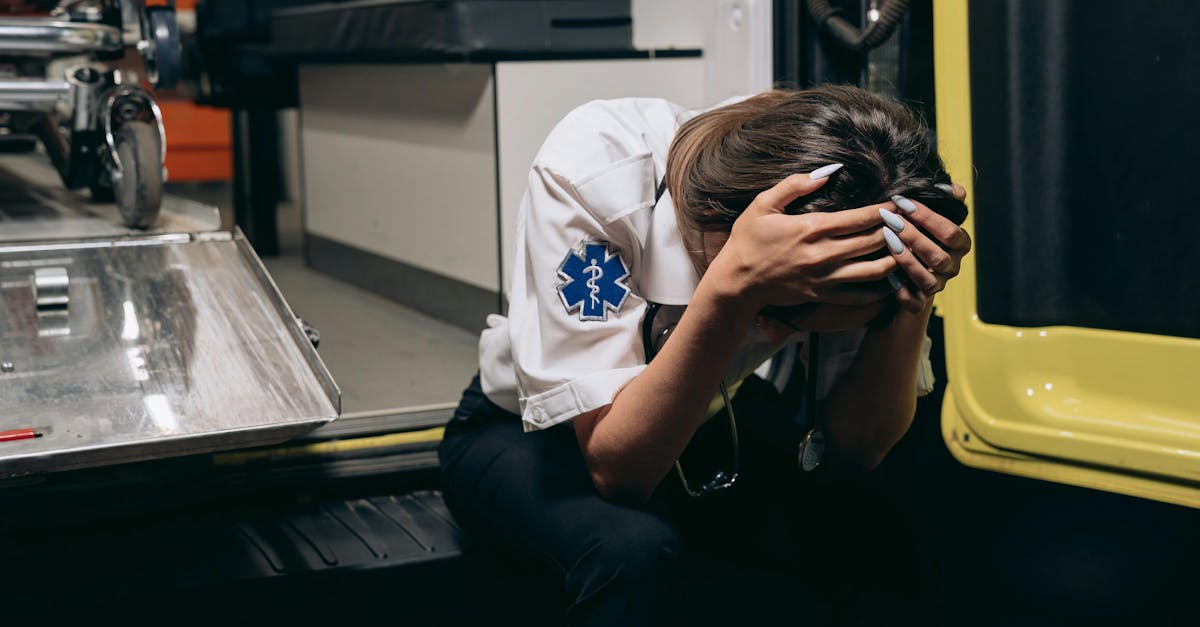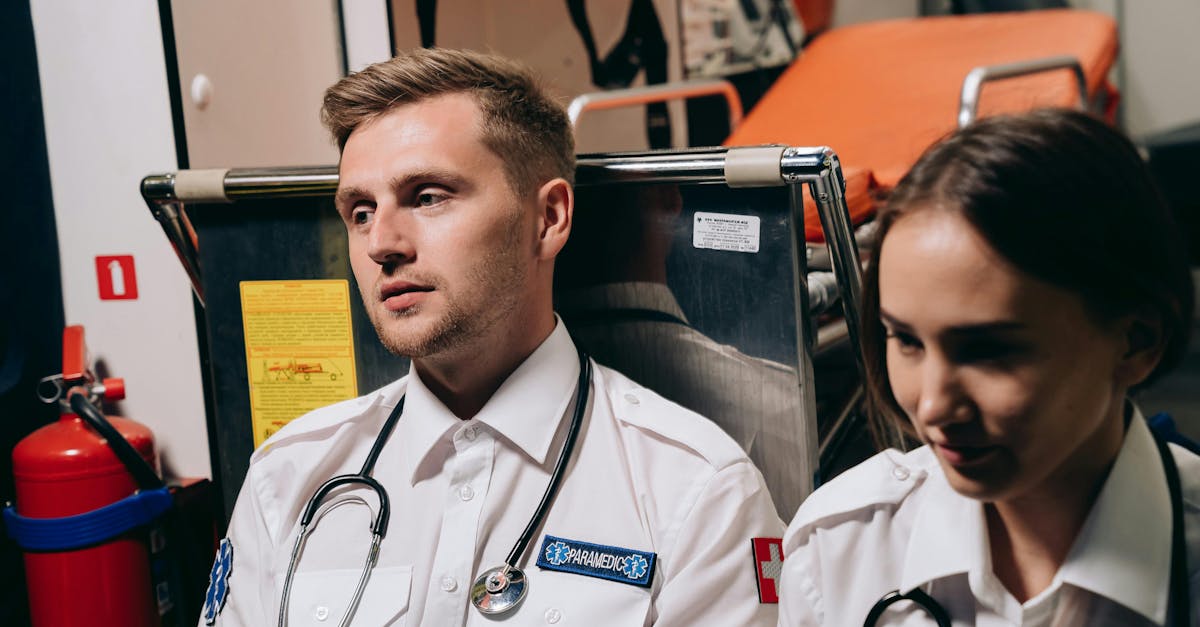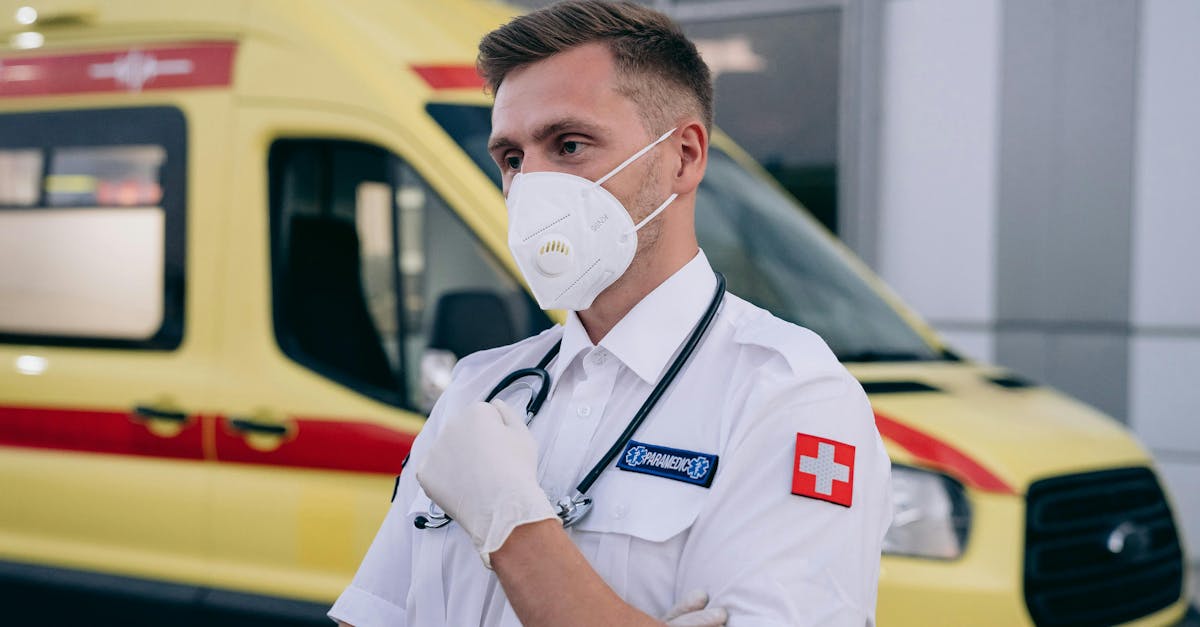
Table Of Contents
Inspecting the Pilot Light
When experiencing issues with your hot water system, one of the first steps is to inspect the pilot light, especially in gas-powered units. The pilot light serves as a small flame that ignites the gas to heat the water. If the pilot light has gone out, the heating process cannot commence, leaving you with cold taps despite the water running. Check the manufacturer's instructions to locate the pilot light and determine if it is lit. If it has gone out, relighting it might solve the problem.
In cases where the pilot light is lit but no hot water is produced, further investigation is necessary. There could be a malfunction within the thermocouple or other components of the gas system. If troubleshooting does not yield results or if you are uncertain about how to safely re-light the pilot, consulting a licensed hot water plumber is advisable. They can diagnose the issue and ensure that all components function correctly, restoring your hot water supply efficiently.
Troubleshooting Gas Hot Water Systems
If you find that hot water is not available despite the system running, the first step is to check the gas supply. Ensure that the gas valve leading to the hot water system is fully open. A partially closed valve can restrict gas flow, leading to insufficient heating. Additionally, inspect the gas line for any visible bends or obstructions that might impact the overall system performance. A licensed hot water plumber can help diagnose these issues if you're unsure.
Next, examine the thermostat settings on your gas hot water system. Incorrect settings can prevent the system from reaching the desired temperature. If the thermostat is functioning properly and set at an appropriate level, the next thing to consider is the heating element itself. A malfunctioning element may require replacement. Engaging a hot water plumber will ensure that all components are evaluated and repaired as necessary, restoring your access to hot water.
Assessing Water Pressure Levels
Water pressure plays a crucial role in the proper functioning of hot water systems. Insufficient water pressure can hinder the flow of hot water to taps and appliances. Homeowners may notice that when they turn on their taps, only a trickle of hot water emerges, or it may not reach the desired temperature. It’s essential to monitor the water pressure in the system to ensure optimal performance.
If you suspect low water pressure is affecting your hot water supply, consulting a hot water plumber is a wise step. They can assess the water pressure levels and identify the cause of any discrepancies. Whether it’s a plumbing issue, a malfunctioning appliance, or even a problem with the municipal supply, a professional can provide guidance and solutions to restore adequate hot water flow throughout your home.
The Impact of Low Pressure on Hot Water
Low water pressure can significantly affect the availability of hot water in your home. When the pressure is inadequate, it might not reach the hot water heater properly, resulting in reduced flow rates. This can lead to a frustrating experience during showers or when using hot water for cleaning purposes. If the cold water pressure is lower than normal, it often translates to similar issues with hot water distribution throughout your plumbing system.
A hot water plumber can help diagnose and address problems related to low water pressure. They can check for any restrictions or malfunctions within the plumbing system, such as blocked pipes or faulty valves that may be hindering water flow. By rectifying these issues, they can restore optimal water pressure, ensuring that your hot water supply remains steady and reliable when you need it most.
Valves and Plumbing Issues
Issues with valves and plumbing can significantly impact the availability of hot water. If there are faulty or closed valves in the system, they may prevent hot water from reaching your taps. A hot water plumber can inspect these valves to determine their condition and ensure they are working effectively. Flushing or replacing worn-out valves might be necessary to restore functionality.
Blockages within the plumbing system can also be a culprit behind the lack of hot water. Sediment build-up in pipes or a malfunctioning expansion tank can restrict the flow. A qualified hot water plumber can conduct a thorough inspection to identify any potential blockages and suggest appropriate solutions, ensuring a steady supply of hot water throughout your home.
Identifying Blockages and Leaks
When experiencing issues with hot water availability, blockages in the plumbing system can be a significant factor. Over time, sediment build-up or mineral deposits can accumulate in pipes and fixtures, restricting water flow. These obstructions may occur in various locations, including the hot water tank, pipes leading to the tap, or even within the fixtures themselves. Regular maintenance can help prevent these problems, but identifying blockages early is crucial to restoring hot water.
Leaks in the plumbing system can also contribute to a lack of hot water in your home. Pipes that have corroded or become damaged can leak, leading to a decrease in water pressure. Inspecting visible pipes for signs of moisture or pooling water can provide insight into potential leaks. Consulting a hot water plumber can assist in diagnosing and resolving these issues effectively, ensuring a consistent supply of hot water for daily use.
FAQS
Why is my water running but I have no hot water?
There could be several reasons for this issue, including a pilot light that has gone out, low water pressure, or problems with valves and plumbing that may be causing blockages or leaks.
How do I check if the pilot light is on?
Locate your hot water system’s pilot light assembly; if the flame is out, it will need to be relit according to the manufacturer's instructions. Make sure to also check for any underlying issues if it keeps going out.
What should I do if my water pressure is low?
First, check your main water supply and any valves to ensure they are fully open. If the issue persists, you may need to consult a plumber to assess the system for blockages or leaks that could be affecting water pressure.
Can low water pressure impact my hot water supply?
Yes, low water pressure can significantly affect your hot water system's ability to function properly. It may prevent hot water from reaching your taps or showers effectively.
What are some signs of plumbing issues that could affect hot water supply?
Common signs include unusual noises from the hot water system, inconsistent water temperatures, visible leaks, or discoloured water. If you notice any of these, it’s best to contact a professional plumber for assistance.
